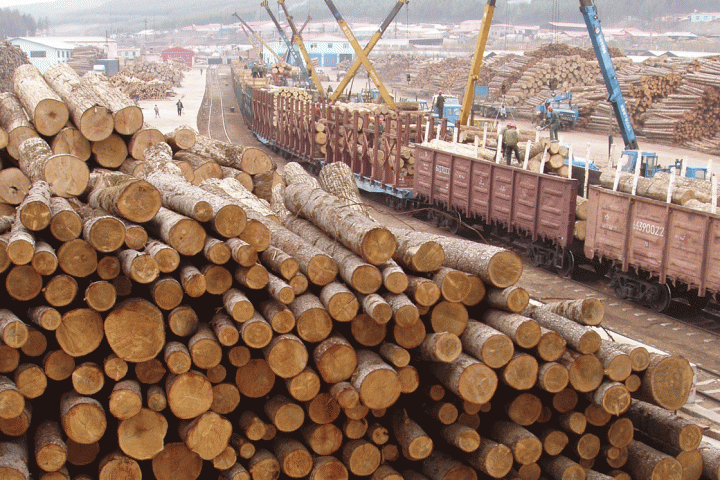Government lawyers have been hard at work scrubbing away at details related to the Canada-European Comprehensive and Economic Trade Agreement (CETA), and Steve Verheul, Canada’s chief negotiator, has just advised the House of Commons international trade committee that the legal scrub is “virtually complete”. Verheul also mentioned to the committee members that the current timeline would allow for CETA to be implemented in early 2017.
“We’re going to try to make sure that we follow what the EU is doing and make sure that our ratification process is line with theirs. It’s not to our advantage to go in advance of them.”
The agreement is presently being translated into all of the EU’s twenty four languages, Verheul believes this process should be completed by May 2016 after which the agreement will be sent to the Council of the European Union for ratification. Once obtain the trade agreement but then be put to the European Parliament for a final ratification vote.
ISDS provisions: deal or no deal
Conservative MP Randy Hoback pressed Verheul in committee to clarify whether the Europeans may want to reopen the chapter of CETA related to investor-state dispute settlement (ISDS). Such actions could cause delay in the ratification process.
Hoback’s question was linked to comments made by Verheul during an address at a CETA workshop held by the European Parliament last December – during which Canada’s chief negotiator conceded that the investment chapter could be reopened following pressure from the EU.
“I am going to be exploring potential paths forward on this issue, but I should flag that we do have concerns about reopening any part of the negotiations,” mentioned Verheul back in December, “We are concerned that whenever that happens you can unravel a very careful balance that was struck.”
Flash forward to MP Hoback’s question and it seems that reopening the deal is no longer on the table.
“We’re not reopening this to any other chapters or adjustments?”, asked Hoback in committee.
“No, we’re not reopening the negotiations at all,” acknowledged Verheul who went on to explain that Canada was now engaged in two-part “discussions” with the EU about investment provisions.
“The first is that we’re clarifying some of the provisions in the agreement with respect to the obligations to ensure that the government’s right to regulate is not interfered with with respect to investor claims.”
The second part of the ongoing discussions with the EU trait to the selection of arbitrators and an appellate mechanism for the ISDS disputes. The system in the works may be different than what was originally designated in CETA in particular portions related the selection of arbitrators or members of panels.
“And we’re also looking at whether we can advance the process towards having an appellate mechanism, which is currently mentioned in CETA, as kind of a future work program. We’re looking at whether we can have that implemented when CETA comes into effect. So those are the issues,” said Verheul.
As part of mandate letter made public in the early days of the new government, Trade Minister Chrystia Freeland was instructed by the Prime Minister to expand trade ties with China and India. Assistant Deputy Minister of trade Agreements and negotiations at Global Affairs Canada, Kirsten Hillman, who was also at the House committee on international trade was asked to provide an update on the where the government stood in relation to India and China.
Slowly but surely in India
Hillman indicated that in the case of the free trade agreement talks with India, which started in 2010 and the foreign investment protections agreement negotiations which had debuted beforehand; both were moving slowly up to chain due to other priorities faced by the Indian government. She indicated that more work needed to be done and that her department would continue to work with India on advancing negotiation and relation building.
Step by step in China
The road to an agreement with China doesn’t seem too straight forward. Hillman expressed her view that although a free trade agreement is one option, “There (are) many other tools, and I think that what’s really important right now is that we’re looking at all of the avenues,” noted the Assistant Deputy Minister, noting that extensive consultation would also be involved.
Hillman added “as we move forward, we’re doing so in a way that is thought through and makes sense for us.”
MP Gerry Ritz, former agriculture minister, now the Conservative party’s trade critic, seemed pleased to hear Hillman’s answers. Contrary to some other members of his party, Ritz has shown more openness when it comes to free trade talks with China – but with caution, of course.
“I’ve found over the years that China loves Canada because we’re not the U.S….We have beef access and the U.S. still doesn’t. There are a lot of different fronts where they use us as bit of a hammer, and I’m fine with that,” claimed Ritz.
Softwood Lumber Agreement Expired
Liberal MP Sukh Dhaliwal brought up the question of the expired Softwood Lumber Agreement and the status of the bilateral talks surrounding it.
Hillman’s answer gave MP Dhaliwal a better idea of the situation: “With the expiry of the agreement, we are in a period of free trade between the two countries, but free trade with an understanding that there will be no challenges — legal challenges — with respect to that sector for one year.”
Hillman also added: “…we’re not going to take any deal. We’re only going to negotiate a deal that makes sense for us and for our industry.”

 Payment
Payment  My Account
My Account
